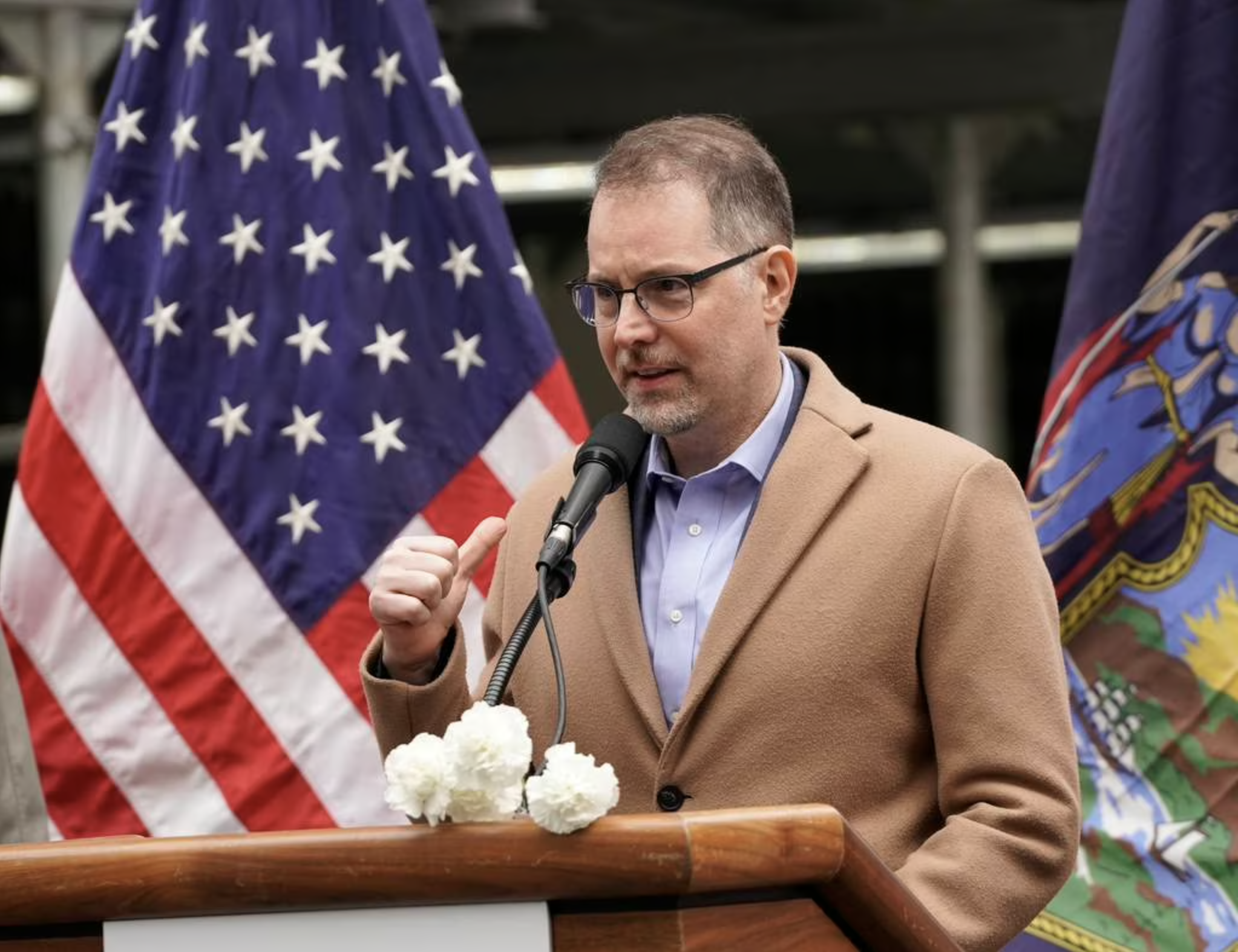In 2017, New York passed a first-in-the-nation right to counsel law, which guarantees tenants a free attorney in housing court. The law succeeded at keeping the vast majority of tenants in their homes, and New York thankfully had an eviction moratorium in place during the first two years of the pandemic. But once the moratorium lapsed, eviction cases started to pile up. Now, the number of tenants who need representation has far outpaced the capacity of right to counsel attorneys, and tens of thousands of tenants are being made to navigate housing court on their own.
Forcing eviction cases through the court system without securing tenants an attorney is a clear violation of the right to counsel law. We must act now to protect tenants from unfair eviction.
Slow the Calendaring of Eviction Cases
The legal services organizations that represent tenants facing eviction are at capacity, unable to take on more clients at the current pace. The Office of Court Administration must stop the breakneck speed and calendar cases at a pace that ensures that every tenant has access to the attorney the law promises. Cases where a tenant is unable to secure a right to counsel attorney must be administratively stayed and taken off the calendar until the tenant has an attorney under retainer.
Evaluate Tenants for Grant Eligibility
The Department of Social Services (DSS) needs to evaluate all tenants in non-payment cases in housing court for grant eligibility and take a more proactive approach to tenant support beyond legal representation. DSS can better help tenants who have found themselves in housing court. DSS already has access to all the information that is required to determine household eligibility for various grants and subsidies. These programs include EAF, EAA, ESNA, FHEPS, City FHEPS, and the new Rental Assistance Program that was included in the governor’s budget. DSS should immediately add staff in housing court to screen tenants for eligibility and help relieve caseholds.
Suspend Repayment Requirements for One-Shot Deals
For the remainder of the emergency and recovery, the State should suspend One-Shot Deal repayment requirements in section 131-w of the NYS Social Law. These rules that require tenants repay rent arrears grants within a year regardless of whether the grants for which they apply actually require repayment, an unnecessary requirement that deters eligible New Yorkers from applying for grants that could keep them in their homes.
Expedite ERAP Applications
The NYS Office of Temporary and Disability Assistance must expedite Emergency Rental Assistance Program applications for all pending non-payment cases. The courts are able to identify which cases have an ERAP stay and should help OTDA expedite the determination on those applications. The courts should also work with the City to ensure that those who are ERAP eligible have filed applications, intervening so that tenants can stay in their home and avoid eviction when possible.
Fully Fund Local Law 53
The City must fully fund Local Law 53, which requires the office of Civil Justice to work with community groups to educate tenants about their rights in housing court. The City should also better fund tenant representation in housing court by increasing baseline funding for tenant representation. Housing court cases are funded at approximately 70% of the cost of representing New Yorkers. That rate should be increased to 100% so that organizations providing services to New Yorkers can afford to retain the legal, social work, and administrative talent required to do this essential work.
Convene a Council to Address Systemic Challenges
The City and State should immediately convene an emergency council comprised of representatives from the courts, the City, the State, and legal representatives, as well as tenant and legal advocates, to address systemic challenges facing the right to counsel program and identify long-term solutions that ensure every tenant receives access to legal representation while also ensuring that cases are heard in a timely and fair manner.



